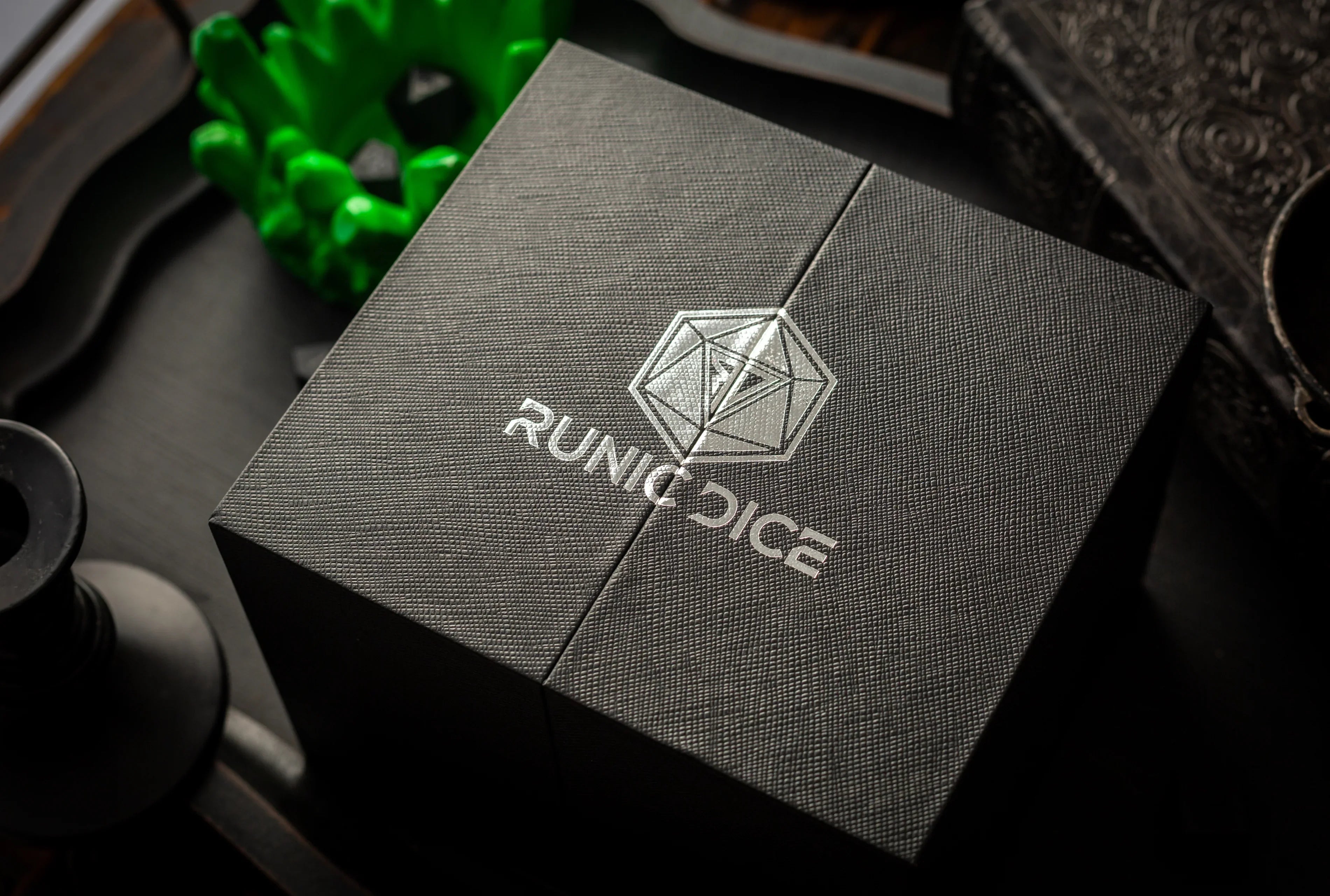
Best Dice Storage Case Ideas for Secure and Tidy Play
Updated on: 2025-11-03
-
Practical guide to choosing a dice storage case
- Step 1: Audit your dice collection and goals
- Step 2: Choose material and build quality
- Step 3: Decide on capacity and layout
- Step 4: Plan for portability and carry style
- Step 5: Prioritize protection for metal dice
- Step 6: Match external size to your bag or table
- Step 7: Look for useful extras
- Step 8: Care and maintenance tips
- Key advantages of a dice storage case
- Summary and next steps for your dice storage case
If you’ve ever heard your dice clacking in a backpack or watched a favorite D20 roll off a table, it’s time to upgrade to a reliable dice storage case. A good case does more than hold your sets, it protects, organizes, and makes game night setup way faster. In this guide, we’ll help you choose a case that fits your style and your collection, whether you want a compact dice carrying case for a couple of sets or a larger dice storage box with room for minis and accessories. We’ll cover soft pouches, rigid options like a hard shell dice storage case with foam inserts, and even specialty layouts built for a dice storage case for DnD metal dice. By the end, you’ll know exactly what to look for and how to pick the perfect match.
Practical guide to choosing a dice storage case
Step 1: Audit your dice collection and goals
Start by counting how many full sets you carry most often. Do you run one character, or bounce between systems with several sets at once? Note material and weight too—resin, acrylic, stone, and metal behave differently in storage. If you bring minis, pencils, or condition rings, keep them on the list; some cases include pockets that make those extras easier to carry. The goal is to choose a dice storage case that fits today’s needs and has a little room to grow.
Step 2: Choose material and build quality
Materials matter. A soft dice bag is flexible and lightweight, but it won’t offer the impact resistance of a rigid case. If you want top protection, go with a hard shell dice storage case with foam inserts. The shell resists crushing and the foam prevents dice from knocking into each other. Look for tear-resistant fabric, smooth zippers, reinforced corners, and stitching that doesn’t fray. For a premium feel, some cases add magnetic closures; just make sure they stay shut in transit.
Step 3: Decide on capacity and layout
Layout is as important as size. Trays with individual cutouts keep sets separate and easy to find during play. Grid-style foam works well if you rotate sets often or carry mixed sizes like d4 pyramids and chunky d20s. If you love displaying your sets, choose a dice organizer with a lid that opens flat, so it doubles as a tabletop tray. For GMs, a larger dice storage box with a removable tray and a pocket for notes can save table space.
Step 4: Plan for portability and carry style
Think about real-life travel: are you walking to a local game night or flying to a convention? A compact dice carrying case with a wrist strap is perfect for short trips. Commuters might prefer a slim case that slides into a backpack without adding bulk. If you haul terrain or books, consider a larger format with a handle. Comfort counts, and the case you’ll actually carry is the case you’ll consistently use.
Step 5: Prioritize protection for metal dice
If you own metal sets, choose a dice storage case for DnD metal dice that includes foam or lined compartments. Metal dice can chip softer dice and dent cases if they move around. Dense foam with individual slots is ideal. Bonus points if the foam is removable or customizable so you can tune it for larger d20s or specialty dice.
Step 6: Match external size to your bag or table
Before you buy, measure the space in your backpack or messenger bag. A case that’s too thick will live on a shelf instead of traveling with you. On the table, make sure the footprint doesn’t crowd your character sheet. A book-sized case that opens flat often strikes the best balance between portability and playability.
Step 7: Look for useful extras
Little features add up. Elastic loops hold pencils, slim pockets stash condition markers, and zip pouches keep coins or minis from wandering. Some cases include a built-in rolling tray or a removable mat to protect tables and reduce noise. If you prefer a separate tray, consider pairing your case with a dedicated accessory to keep rolls contained. You can explore options at Runic Dice for inspiration as you plan your setup.
Step 8: Care and maintenance tips
Keep foam inserts clean with a quick vacuum or lint roller. Wipe shells with a damp cloth and mild soap if they pick up table dust or spills. Don’t store cases in direct sunlight or damp basements—both can warp materials over time. If your case includes adhesive-backed foam, let it cure fully before loading heavy dice.
Key advantages of a dice storage case
- Protection that pays off: A dice storage case reduces chips, scratches, and edge wear—especially important for premium and metal sets.
- Faster setup and teardown: Separate slots or trays mean you can start rolling in seconds and pack up without hunting strays.
- Portable and clutter-free: A slim dice carrying case fits in most bags and cuts down on table clutter during intense sessions.
- Flexible organization: A modular dice organizer lets you sort by game system, color theme, or character, so you always grab the right set.
- Noise control: Foam and lined compartments dampen sound so rolls feel satisfying without being distracting.
- Versatility: Many cases hold minis, tokens, and pencils—turning your storage into a one-stop kit.
- Longevity: A well-built dice storage box with quality zippers and stitching can last for years of weekly sessions.
Summary and next steps for your dice storage case
Choosing the right dice storage case comes down to knowing your collection, how you travel, and how you like to play. If you carry one or two sets and value speed, a small case or tidy dice bag may do the trick. If you want serious protection or carry metal dice, a hard shell dice storage case with foam inserts is worth it. Prefer a display-friendly setup? A tray-style dice organizer keeps everything visible and ready to roll. Add smart extras like pencil loops or pockets, and you’ll cut prep time and keep your gear in top shape.
Action plan: pick and buy with confidence
- Decide how many sets you carry most weeks (plus one extra).
- Choose material: soft pouch for minimalists, hard shell for protection, tray layout if you like to display.
- Confirm it fits your backpack and leaves room on your table.
- Prioritize foam or lined slots if you own metal dice.
- Look for extras you’ll actually use (pockets, loops, removable trays).
Ready to explore storage ideas and accessories for your table kit? Browse fresh inspiration at Runic Dice, then pick the case style that matches how you play.
What is the best dice storage case for DnD and tabletop RPGs?
The “best” case depends on your priorities. For maximum protection and tidy organization, a hard shell dice storage case with foam inserts is hard to beat. If you value speed and a compact footprint, a slim dice carrying case with a small pocket might be perfect. For players who love a showpiece, pick a tray-style dice organizer that opens flat and doubles as a rolling surface. If you own heavy sets or travel a lot, lean toward rigid shells and dense foam that keep dice from colliding.
How do I choose the right dice storage case size and material?
Size: count how many full sets you want on hand and add one more for growth. Measure your backpack space and compare it to the case’s external dimensions to avoid bulge. Material: pick soft fabric or a dice bag if you want ultra-light carry and don’t need impact resistance. Choose a rigid shell with foam if you own metal dice or want extra protection for limited editions. If you’re unsure, a mid-size case with a mix of foam and pockets offers a balanced starting point.
Is a dice storage box better than a dice bag for metal dice?
Yes, for most players with metal dice. A dice storage box or rigid dice storage case protects both your dice and the rest of your gear by keeping heavy edges from banging around. Foam-lined compartments prevent scuffs and reduce noise. Dice bags are still great for quick carry of resin sets or as a backup pouch, but metal dice are happier (and safer) in structured foam.
Can I pair a storage case with a separate rolling tray?
Absolutely. Many players keep dice in a protective case and roll in a dedicated tray to control bounce and noise. If you like that setup, consider a case that opens flat so you can stage dice beside your tray. You can find inspiration for table accessories at Runic Dice as you plan your kit.




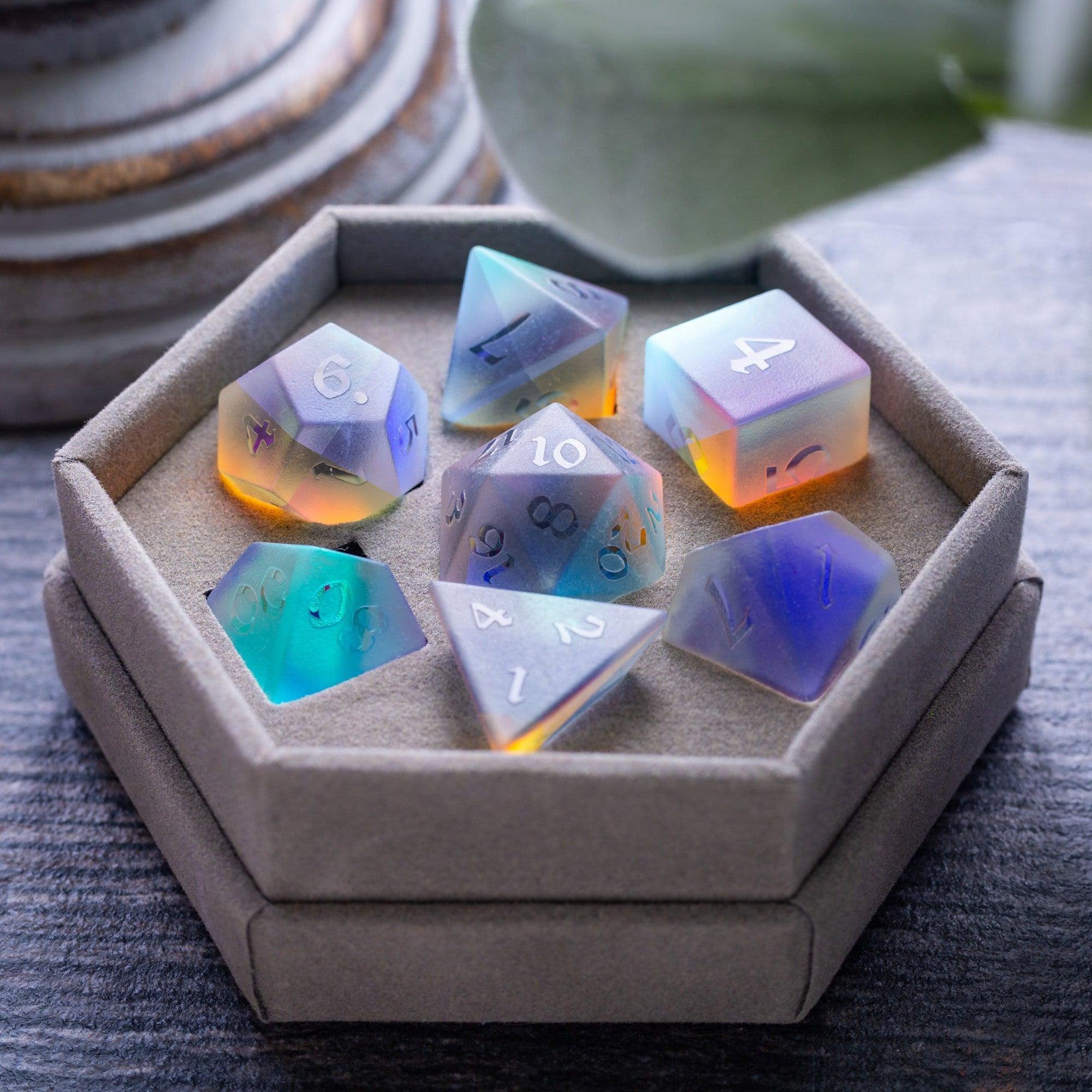


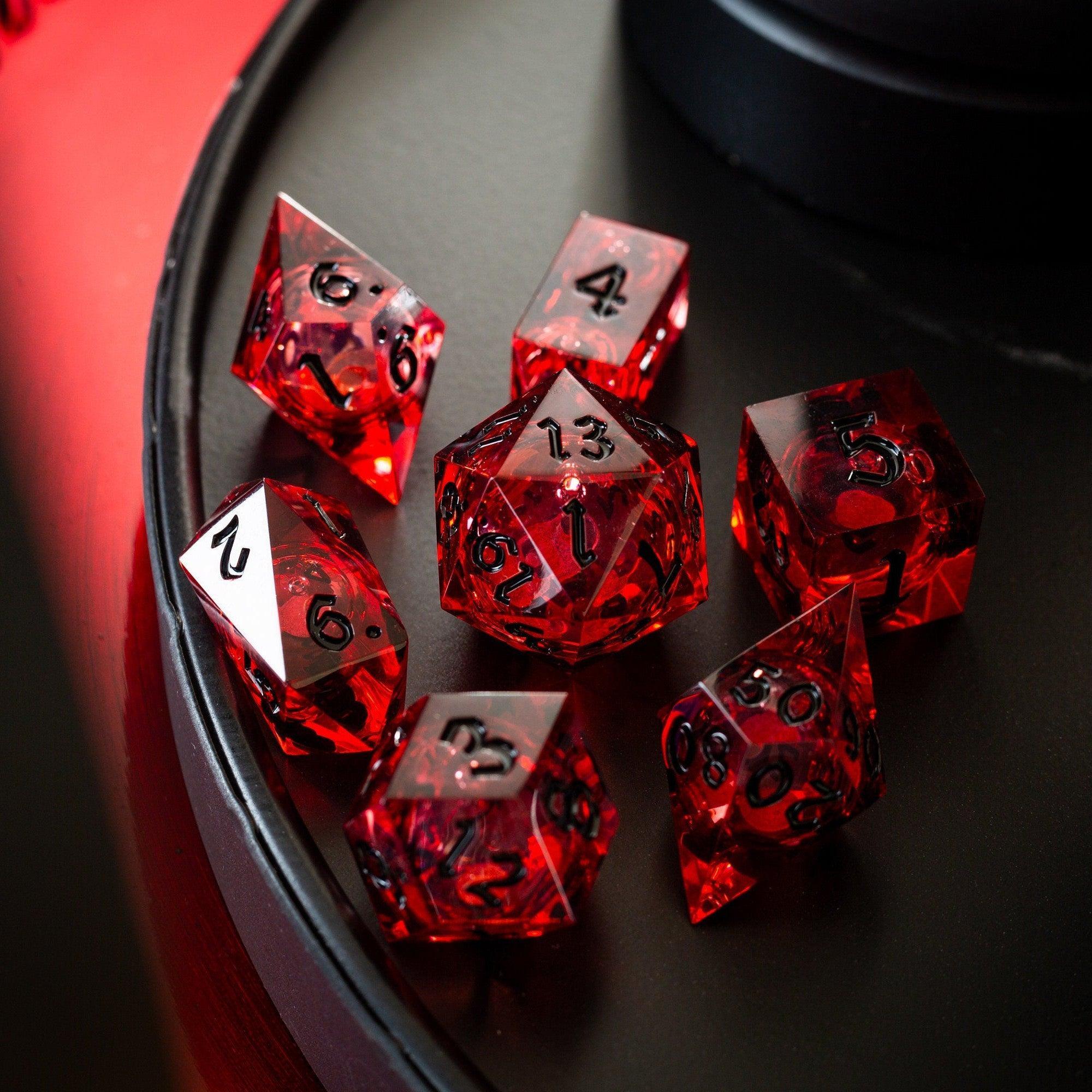
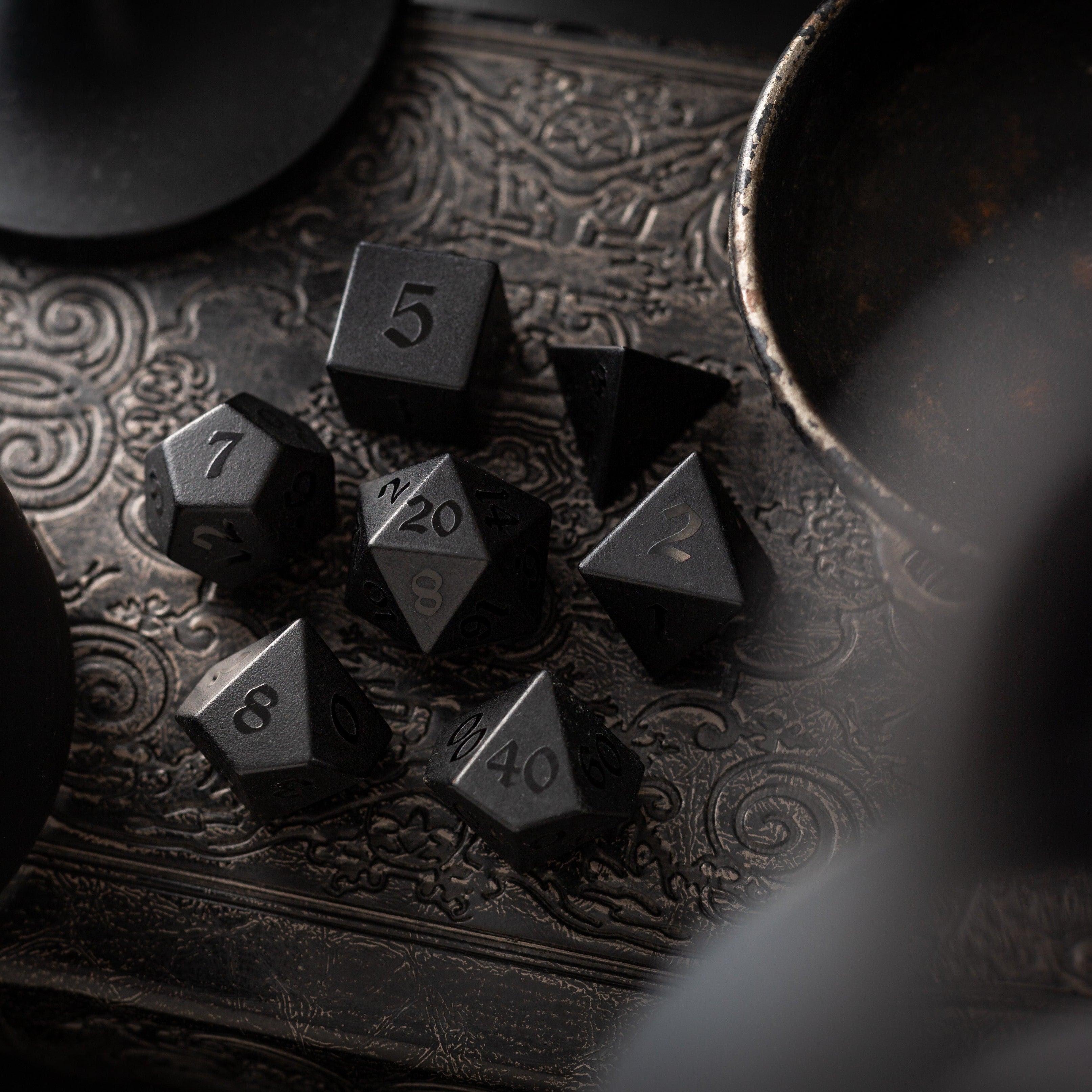
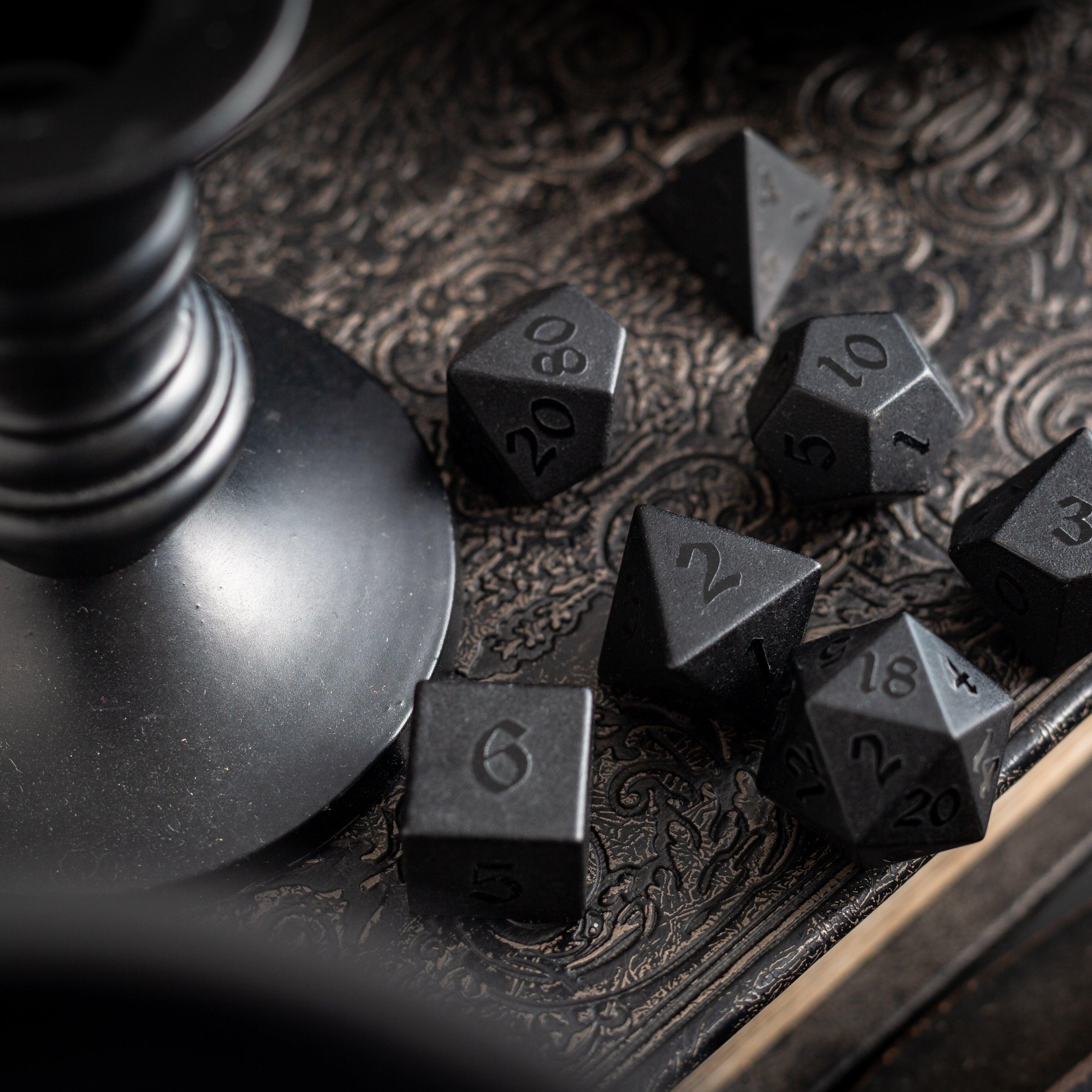
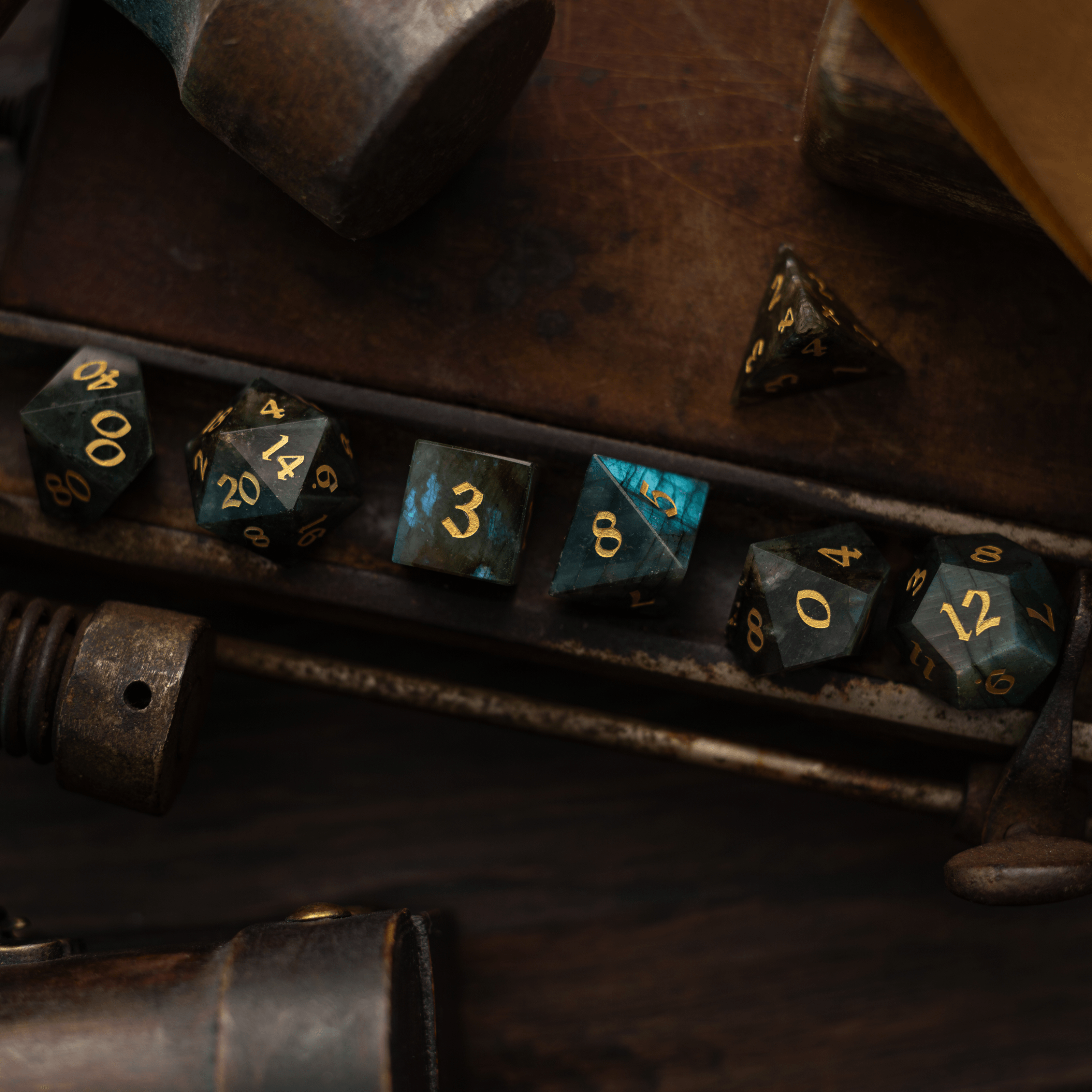
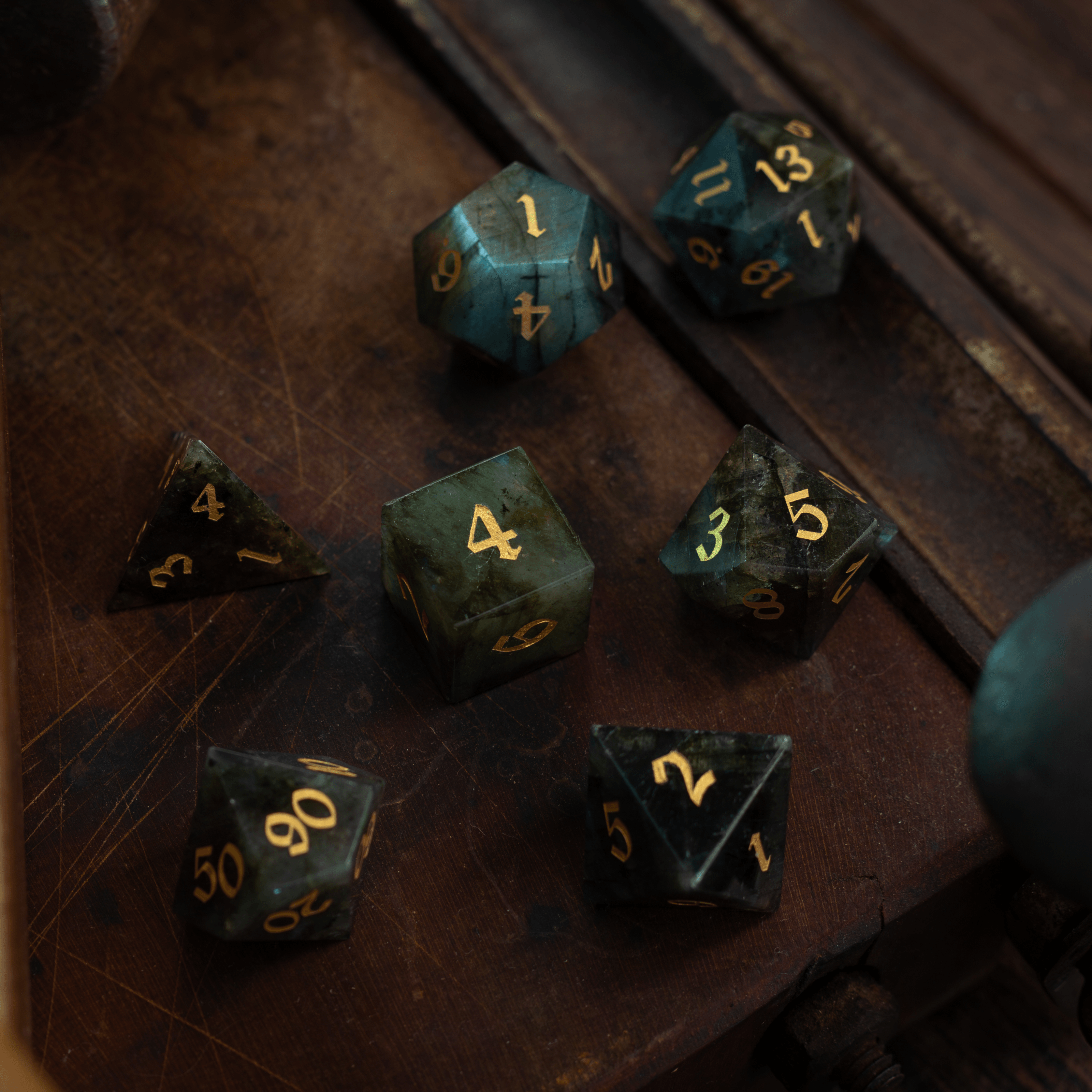
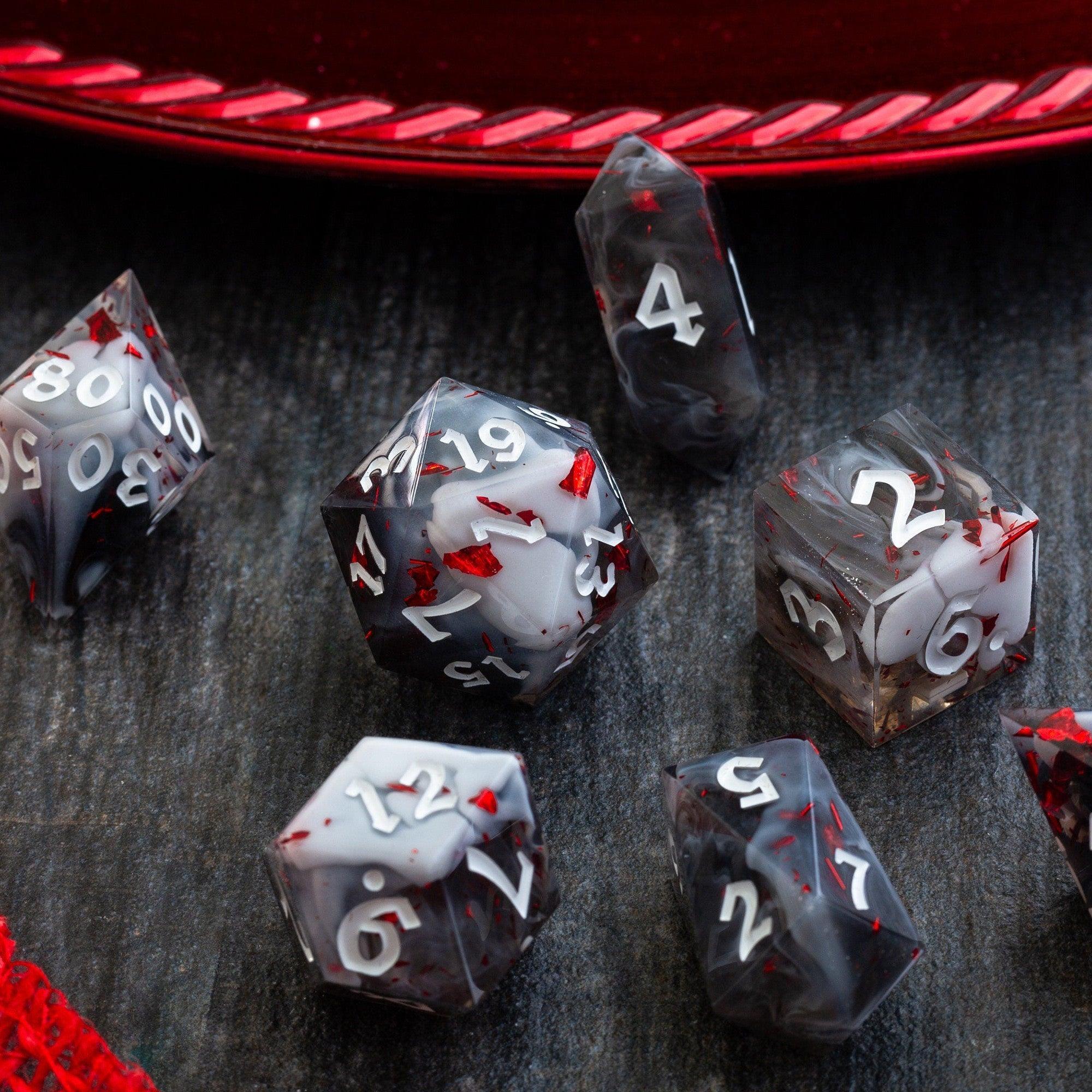
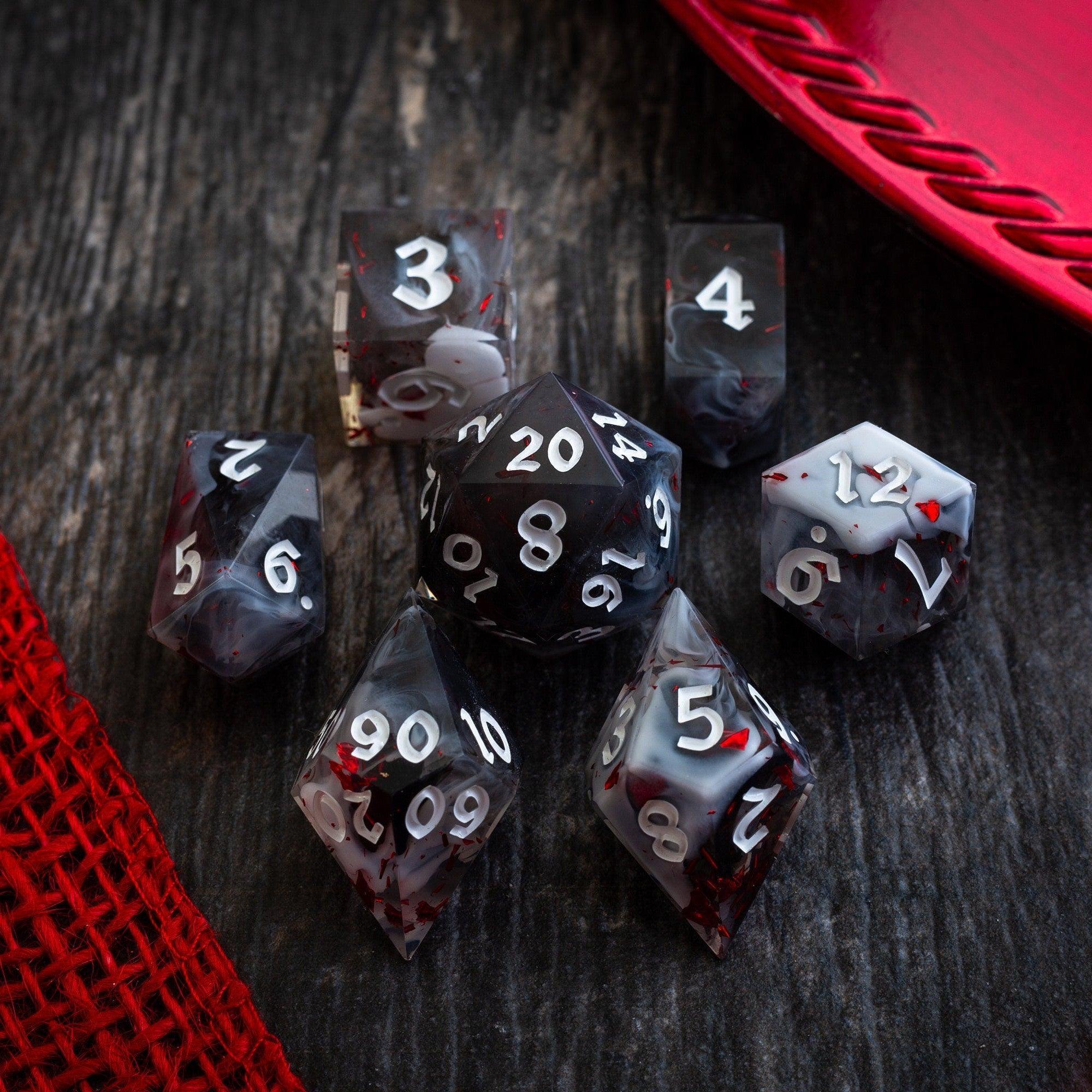
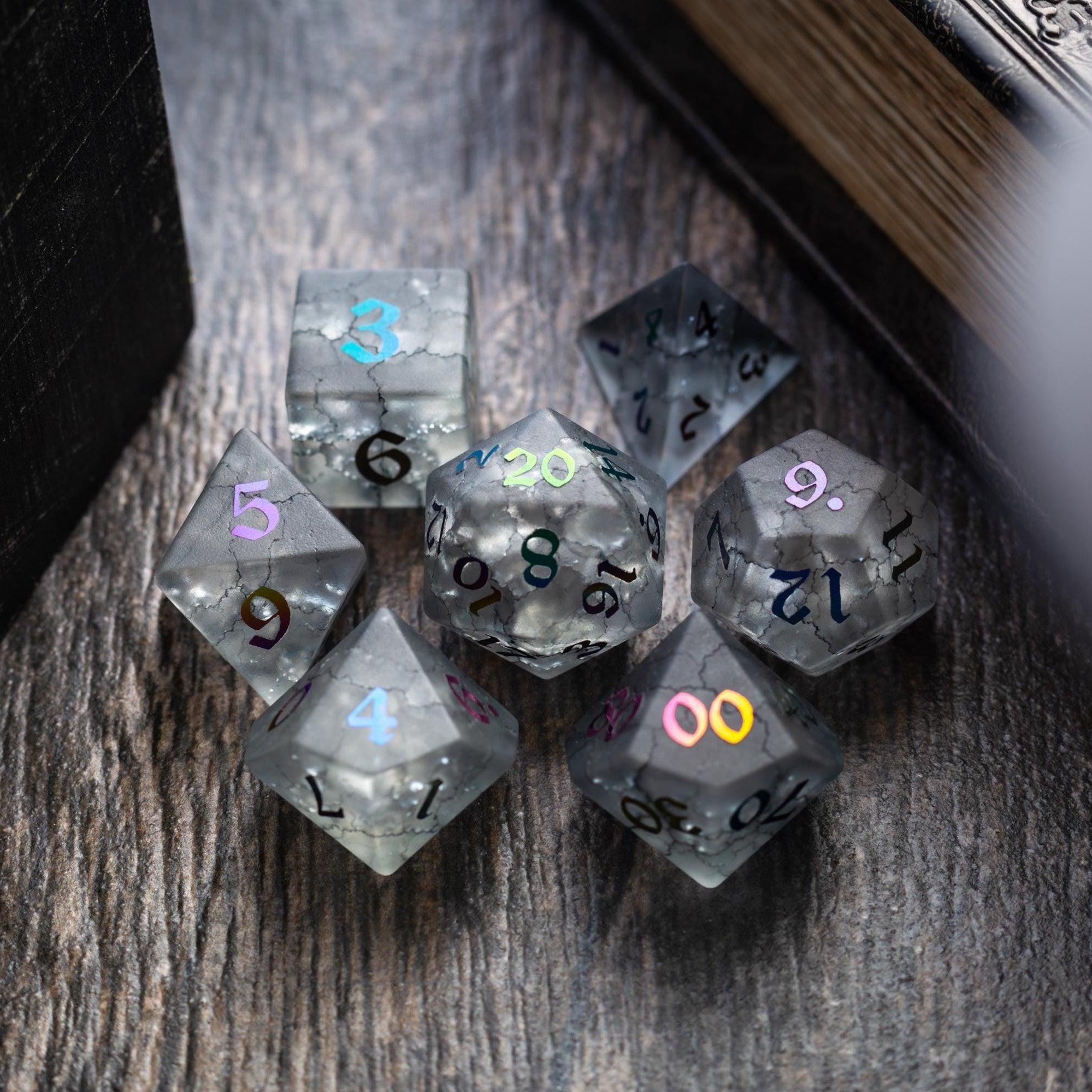
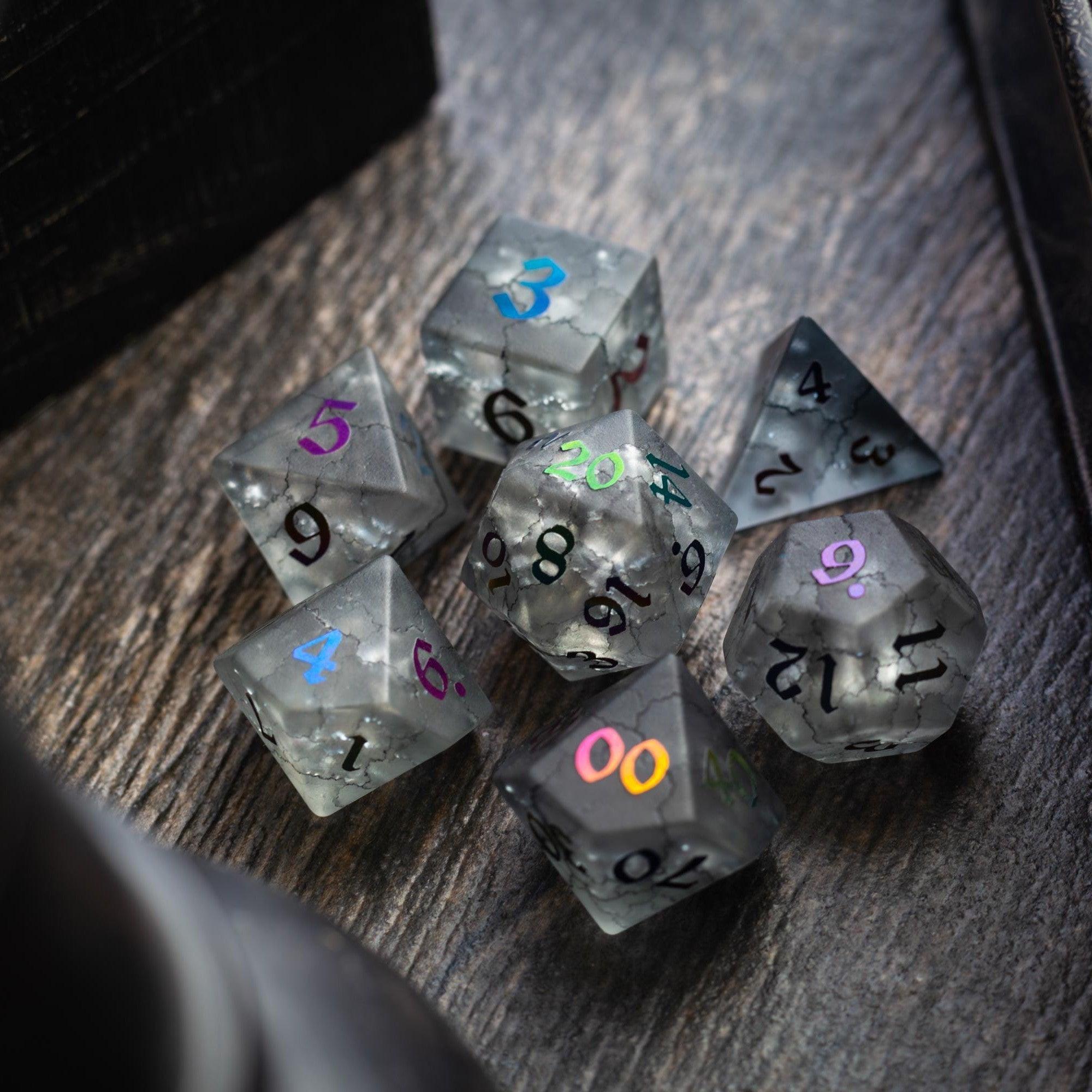
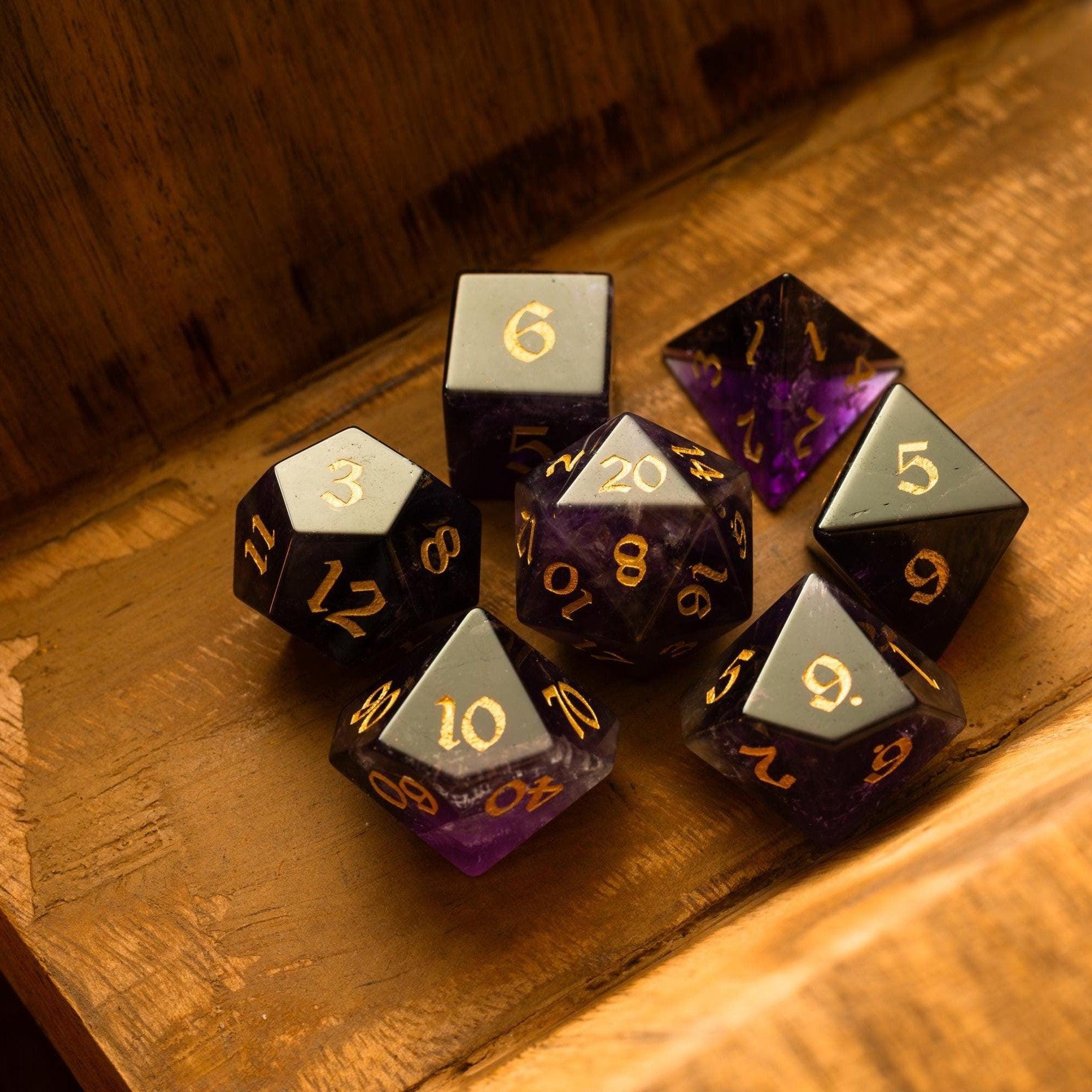

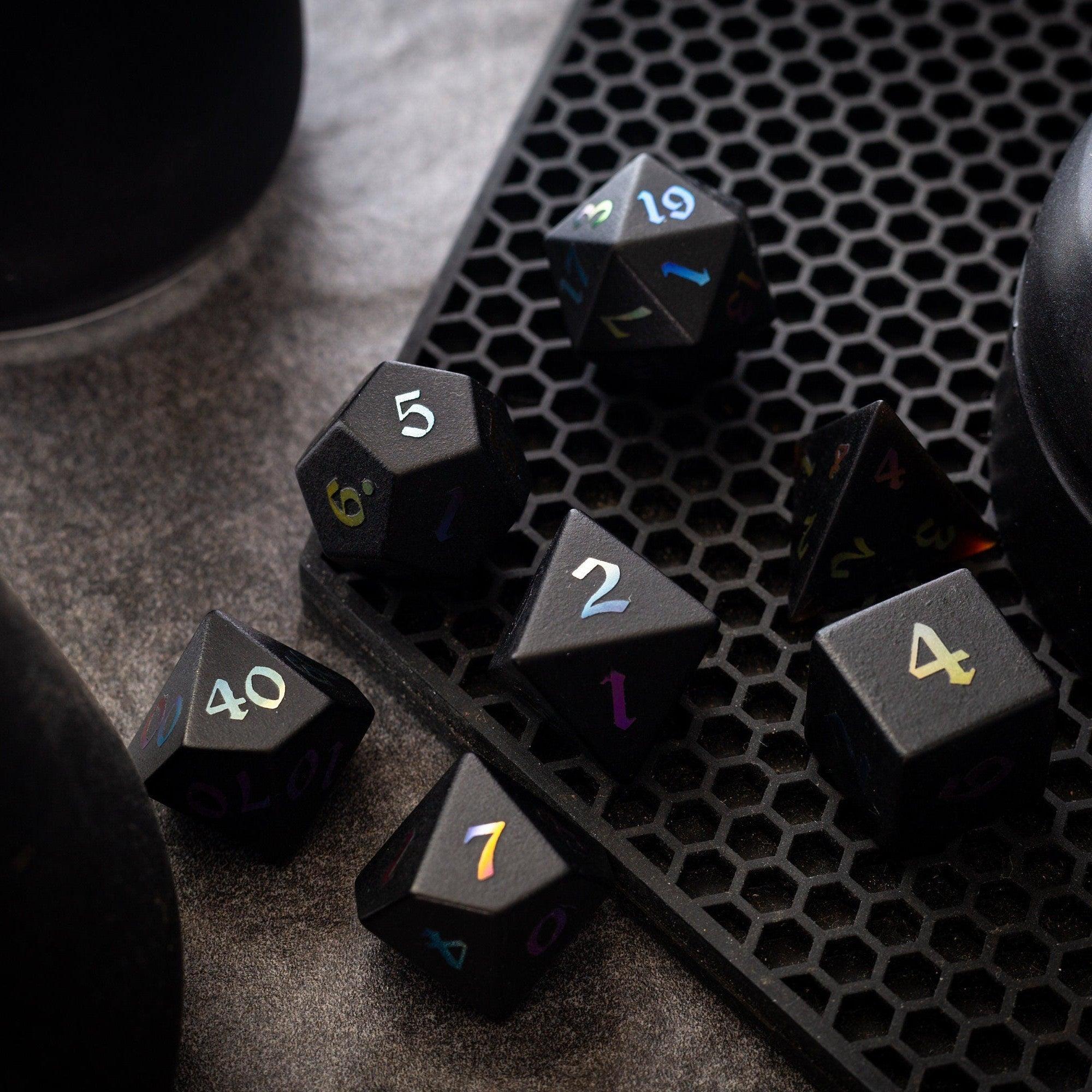

Leave a comment
This site is protected by hCaptcha and the hCaptcha Privacy Policy and Terms of Service apply.